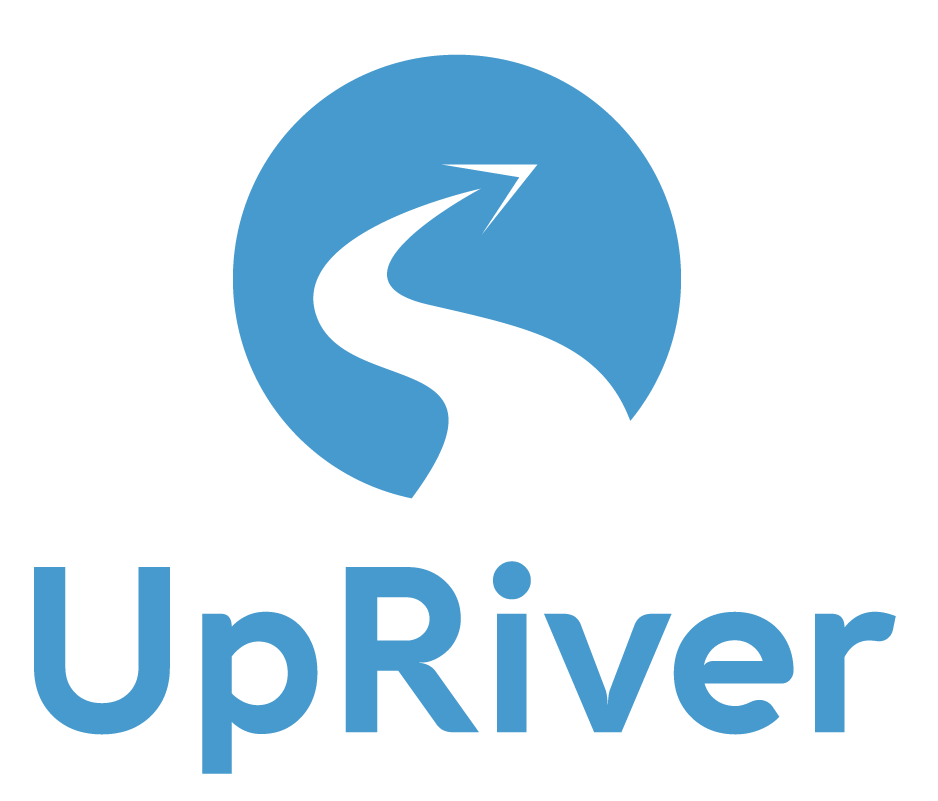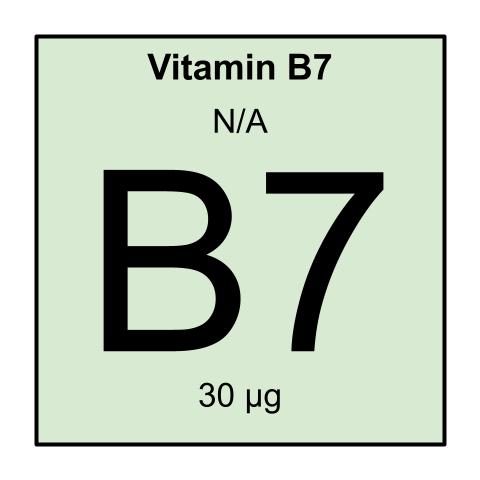Vitamin B7/B8 is required by all living things. It promotes healthy skin, is needed for healthy hair and nails, is needed for DNA replication and cell division and growth, is needed for healthy sweat glands, nerve tissue and bone marrow, is needed for synthesis of fatty acids, is important for metabolism of carbohydrates, proteins, and fats for energy, helps regulate blood sugar level, improves glucose tolerance and benefits patients with Type II diabetes, decreases triglyceride levels. Sources include liver, egg, yeast, avocado, peanuts, salmon, sunflower seeds. It is also made by bacteria in the body.
Quick Facts
-Specifically, D-Biotin, there are other forms, but they don’t occur naturally
-Also called vitamin H or vitamin B8
-Required by all organisms
-Essential cofactor for several carboxylase enzymes, which are involved with carbon dioxide transfer.
-Important in the metabolism, primarily related to using fats, carbohydrates, and amino acids.
-Biotin has a large range of bioavailability [53]
-”promotes healthy skin through proper fat production; needed for healthy hair and nails; helps treat seborrheic dermatitis; prevents hair loss in some men, and is used to treat some forms of baldness; needed for DNA replication and cell division and growth; needed for healthy sweat glands, nerve tissue and bone marrow; needed for synthesis of fatty acids; important for metabolism of carbohydrates, proteins, and fats for energy; helps regulate blood sugar level; improves glucose tolerance and benefits patients with Type II diabetes; decreases triglyceride levels; may lower LDL cholesterol level and risk of atherosclerosis when used with chromium; helps prevent intestinal disorders like Crohn’s disease and inflammatory or irritable bowel disorders; assists the utilization of the other B-complex vitamins.” [160]
-”important in fat and cholesterol metabolism; mild lipotropic agent that removes fats from the liver and lowers blood cholesterol; found to improve fertility in women with polycystic ovary syndrome, with weight loss and increased HDL (“good”) cholesterol levels; used to help prevent plaque build-up and arteriosclerosis; needed for hair growth and strong healthy hair; helps maintain healthy skin; has been used to prevent and treat eczema; considered a brain food as it helps nourish the brain; needed for formation of lecithin, a key building block of cell membranes that protects cells from oxidation and forms the protective sheath around the brain; essential component of myelin that coats nerves and regulates nerve transmission; has helped improve nerve function in diabetics; has a calming effect and may help treat depression, panic attacks, and obsessive-compulsive disorder.” [160]
RDI
Males 19 – 30 yrs: 30 μg
Females 19 – 30 yrs: 30 μg
[128]
Deficiency
-Rare because the intestines produce it from food. Most critical sign is thinning of hair and can lead to hair loss, brittle nails and hair, dry scaly scalp or face especially in infants, depression, insomnia, intestinal symptoms: loss of appetite, nausea, vomiting, reduction in energy generation leading to fatigue, muscle pain or cramps from exercise, nervo-muscular problems: seizures, numbness and tingling in extremities, lack of muscle tone and coordination [160]
Toxicity
-No known toxicity, unless you have a disorder with biotin metabolism. Side effects of high doses are rare, but possible [170]
Sources
Liver, egg, yeast, avocado, peanuts, salmon, sunflower seeds. It is also made by bacteria in the body, but it is not clear how much [53], romaine lettuce, swiss chard, tomatoes, also: almonds, raspberries, strawberries, cooked egg yolk, dairy, oats, poultry, salt water fish like halibut, soybeans, walnuts; vegetables like cabbage, cucumber, cauliflower, onions; whole grains; yeast [160]

